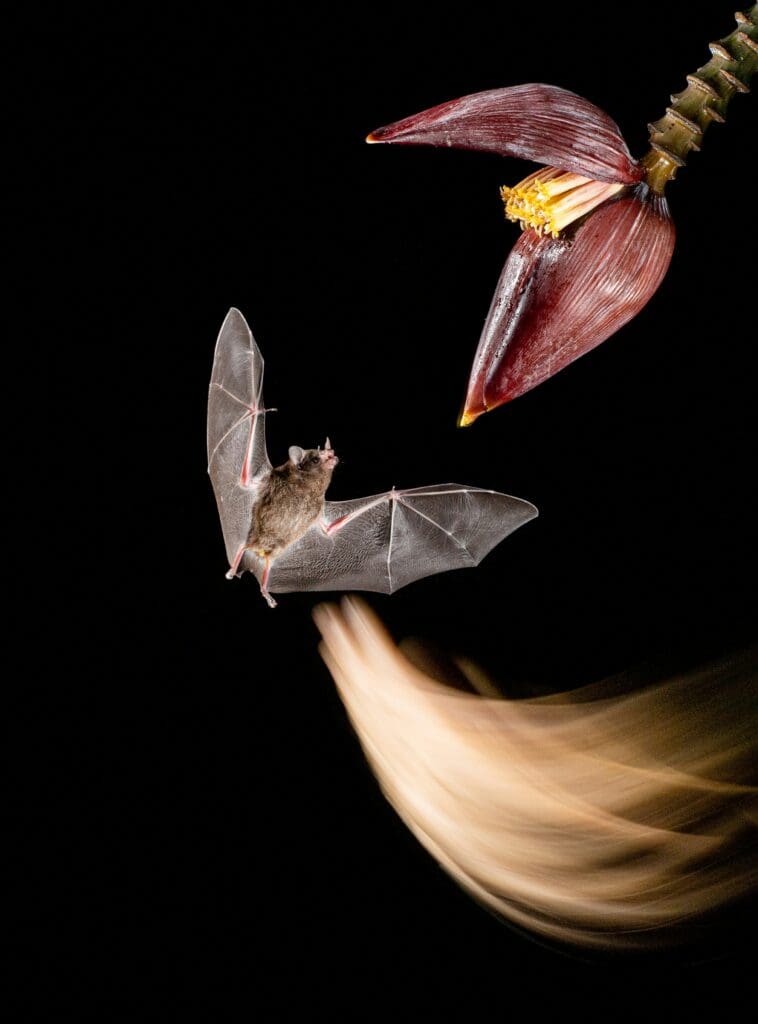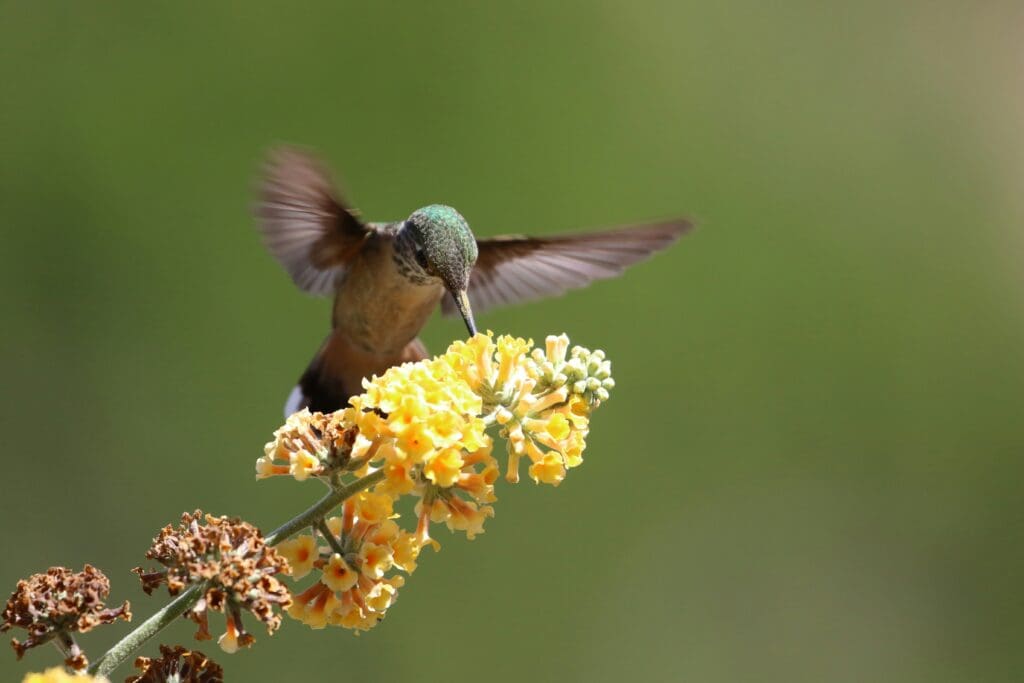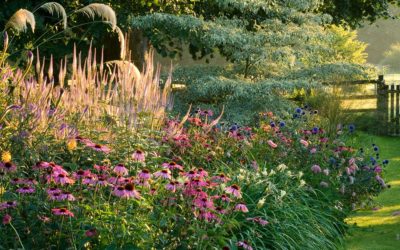Every time we sit down to a meal, we owe a huge thank you to the tiny, often overlooked, workers of our natural world – the pollinators. This incredible group of animals, consisting of bees, butterflies, birds, bats, beetles, and even some mammals, play a fundamental role in the wellbeing of our planet’s ecosystems and the diversity of life on Earth, including our own survival. Let’s delve into the life of pollinators and explore the immense importance they bear upon the environment.
Who are Pollinators?
Pollinators are animals that move pollen from the male structure (stamen) of a flower to the female structure (pistil) of the same or another flower. This process, known as pollination, fertilizes the plant, allowing it to produce fruit and seeds, thereby ensuring its survival and propagation.

butterfly as pollinator
The most familiar pollinators are bees and butterflies, but there are many other creatures that play a role in this critical process. Hummingbirds, bats, beetles, moths, and even small mammals like lemurs and possums, act as pollinators, each with their unique methods and preferences, contributing to a rich and diverse ecosystem.
Pollinators and Biodiversity
Pollinators play a pivotal role in biodiversity, directly influencing the genetic variation in the plant world. By transferring pollen among a broad range of flowers, pollinators ensure the ongoing evolution and adaptation of plant species, fostering the creation of new species and subspecies. This genetic diversity also strengthens plant communities, increasing their resistance to diseases and pests.
Furthermore, the work of pollinators isn’t restricted to flora. Many animal species rely on fruits, seeds, and berries as food sources. Consequently, the ripple effects of pollination also sustain a rich diversity of wildlife.

pollinators
Pollinators and the Human Food Supply
Pollinators are incredibly important for human food production. The United Nations estimates that nearly 75% of the world’s crop species, either directly or indirectly, depend on pollinators. This includes most fruits and vegetables, nuts, as well as plants that provide oils, fibers, medicines, and other non-food products.
Without pollinators, our plates would look vastly different and much less colorful. The variety of our diet would be severely limited, affecting not only the taste and aesthetics of our meals but also the nutritional quality.

Pollinator Conservation: A Growing Concern
Sadly, pollinator populations worldwide are in decline. Habitat loss, pesticide exposure, climate change, diseases, and invasive species all contribute to their decreasing numbers. The decline in pollinators poses a significant threat to global food production and biodiversity, underlining the need for urgent attention and action.
We can contribute to pollinator conservation in many ways; here are a few suggestions:
- Create pollinator-friendly gardens starting with the chemicals and products used on the lawn and garden.
- Promote native plant diversity. Check out our recommendations of pollinator friendly plants for our area.
- Support conservation initiatives, like pollinator.org and other companies who take measures to care for our pollinators.

Conclusion
Our planet’s pollinators are more than just nature’s matchmakers. They’re essential components of our global ecosystem, supporting biodiversity, and ensuring food security. Their silent, tireless work nurtures the Earth’s landscapes, sustains numerous animal species, and fills our tables with delicious, nutritious food. As the guardians of our environment, let’s strive to understand, respect, and protect these unsung heroes – because a world without pollinators is a world none of us want to imagine.





